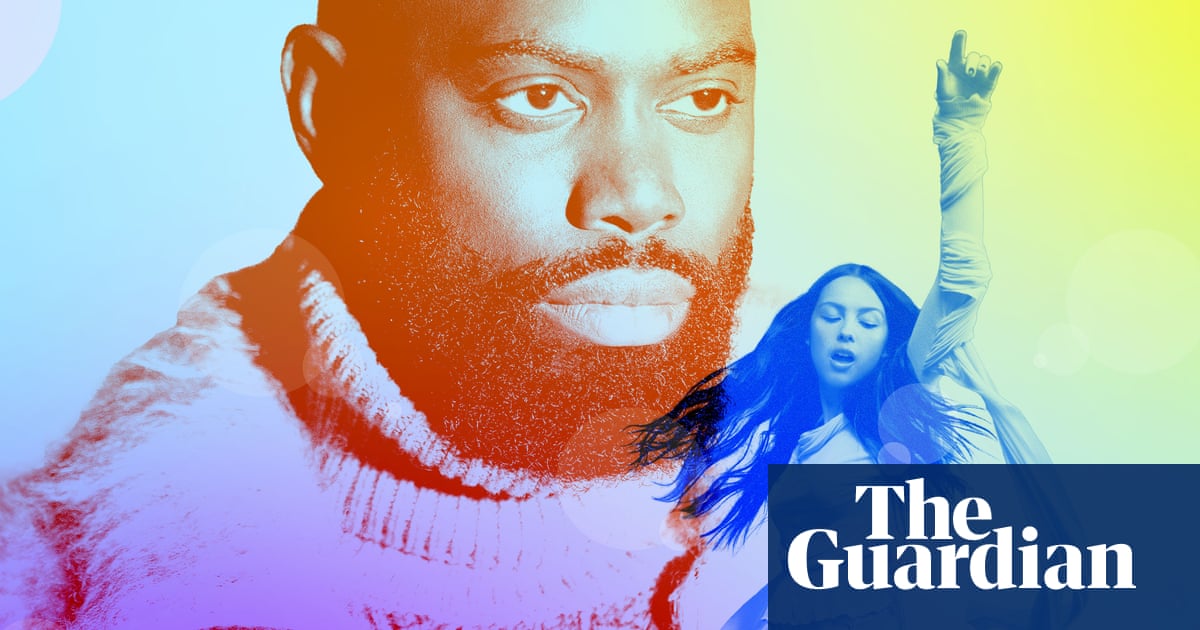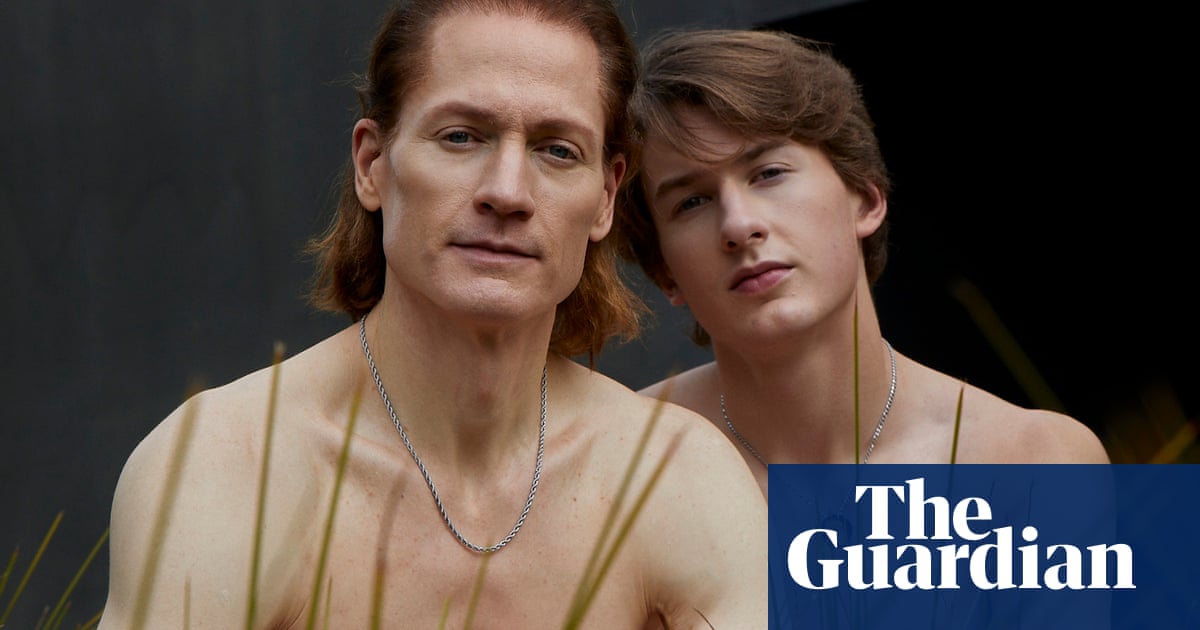
Switched on Pop
When Switched on Pop began back in 2014, it helped to cement and spread the “poptimism” movement within music criticism, arguing for chart-toppers to be afforded the same attention as rock or classical. Co-hosts musicologist Nate Sloan and songwriter Charlie Harding break down popular songs such as Call Me Maybe to their component parts to explain what makes them so compulsively listenable. In the years since, genre lines have blurred, hierarchies have been broken down and such song-explainers have become mainstream, but Switched on Pop continues to set the bar (as its recent acquisition by Vox media attests). Harding and Sloan know their stuff but wear it lightly, helping the most tone deaf of music fans to understand theory, and drawing parallels that will send you down a Spotify rabbit hole. No other podcast would make a link between Paramore’s 2007 pop-punk smash Misery Business and a Rossini aria sound so plausible.
More recently, Switched on Pop has broadened its remit from song breakdowns to regular series centring on listeners and guests, including Modern Classics, where writers share a song that they would place in the modern pop pantheon (Mark Ronson’s pick? Ginuwine’s Pony), or drilling down in to the hits of the summer.
Hit Parade
The writer and critic Chris Molanphy has long cast a critical eye on the pop charts as a regular commentator for NPR, Rolling Stone and Pitchfork, and also in his own column for the online magazine Slate, Why Is This Song No 1?. On Hit Parade, Molanphy brings together music history, trivia and song snippets to shed light on a particular moment in music history. His point of difference is his fine-grained knowledge at the intersection of the business and artistry of pop music, contextualising how the two come together in the charts. But if Hit Parade sounds anorak-y, the stats, facts and numbers are always in service of a story to interest the less passionate listener. Recent episodes have included a two-part deep-dive into the lasting impact of early-00s emo, and exploring the case for 1971 as the greatest year for popular music ever.
Bandsplain
Music writers seek to explain the appeal of a cult band to an ambivalent or unaware audience – and included among their ranks is host Yasi Salek, whose deadpan delivery encapsulates the challenge of making the case for “boomer-ass rock bands” in 2021. But Salek’s conversational and somewhat sceptical style provokes the passion of her interviewees, making Bandsplain the equivalent of hearing your friend make the case for why you should listen to Joni Mitchell or Jawbreaker. As it’s made using Spotify’s Music + Talk format, it isn’t available on other platforms, but it does have the advantage of being able to play songs in full during episodes. Fun fact: Best Coast’s Bethany Cosentino sings the self-ironising theme song.
Song Exploder
Singer-songwriters from Willow Smith to Sparks break down one of their best-known tracks, from the initial idea to production and public reception. The isolation of individual parts, down to the bassline or backing vocals, helps you to hear new elements in even your favourite songs, while the musicians share often revealing, sometimes emotional insights. The interview is all the more intimate for the omission of host Hrishikesh Hirway’s questions, giving the impression of the artist confiding directly in you about their process (somewhat lost from the recent Netflix spin-off series). Song Exploder attains remarkable depth in a very short period, with all episodes under 30 minutes and some under 20. Hirway’s recent deconstruction of John Lennon’s God – the only posthumous episode so far, and featuring the original demo and archival interviews with Lennon – is a masterclass in editing and remarkably moving. For a greater focus on the craft of songwriting, there’s And the Writer Is … – a podcast hosted by Ross Golan (who has worked with artists from Michael Bublé to Nicki Minaj) interviewing professional songwriters about their process.
Popcast
Although this is a New York Times production, Popcast feels like it has an identity all its own, testament to the chemistry between host Jon Caramanica, NYT writers Caryn Ganz, Jon Pareles and Joe Coscarelli, and regular recurring guests. Every week or so, Caramanica leads a spirited roundtable discussion about an artist or significant trend, whether that’s a major release from the likes of Taylor Swift, Drake or Adele; new technology such as TikTok changing how music is consumed; or mainstream moves in country, jazz, Spanish-language pop or K-pop. (Popcast was across the #FreeBritney movement long before the swathe of documentaries.) No matter the subject, Popcast has that easy authority that can stretch from irreverence to sincerity, whether it be making a tongue-in-cheek case for the brilliance of Ashlee Simpson or a moving two-part special on the musicians lost to coronavirus. What makes Popcast essential listening is its inclusivity, with the audience as much a part of the product as the guests, as evidenced by the many running in-jokes. Who can relate?












